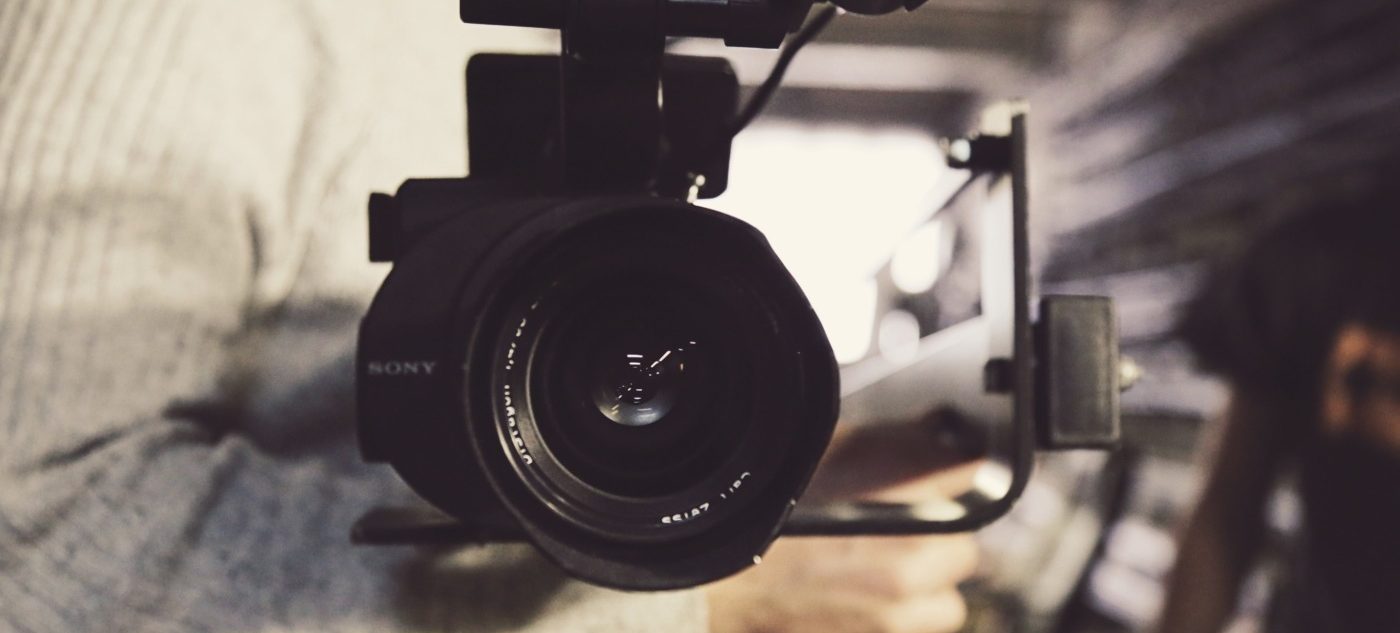We must do more to protect children in the limelight
When we look back to our own childhoods, many of us would have been fortunate enough to avoid constant public scrutiny and recordings. For some young talented children, such as child actors, today’s technology and constant accessibility means that celebrities can be easily approached by people they don’t know, often in a manner where they appear to know plenty about you.
One of these famous children who has been under intense social media scrutiny is Lexi Rabe. The young actress, who most notably played Morgan Stark in Avengers: Endgame, has highlighted how she has been bullied on social media by people who meet her in public. Whilst the seven-year old’s parents have pointed out that they want her to “grow up in the free world” as a “normal child”, this does bring the question of who takes the blame when a child actor turns to an undesirable path.
Even though Instagram does have age restrictions on accounts, this does not stop parents from social media sharing on their behalf. Children are more likely to be exposed to criticism from the public online, which can encourage them to act out in public. The cruelty often goes beyond this, with parents or other family members slowly being abused in public and online. Since a family cannot pre-empt a child’s success, it can be extremely difficult for them to expect this hate speech on public forums.
The comments famous children endure could trigger psychological problems later on in life
Robert Downey Jr.’s own son was charged in felony court on drug charges, which raises the question of whether parents should be expecting their well-known children to act out. Whilst in this case, history seemed to be repeating itself (Downey Jr. was also arrested for possession), it highlights a continued amount of pressure being put on celebrities through technology. With so many resorting to some form of addiction or arrest record, it suggests that regardless of one’s age, being in the spotlight can cause a person to turn to an undesirable path.
Concern should arise over whether we should be scrutinising these individuals more so than we would others, simply because we see them on the big screen. Especially in the case of children, they are exposed to criticism for simply being children at a time when they will be extremely conscious of themselves.
According to research conducted by YouGov, a fifth of British adults who have used social media in the last 12 months have experienced mental health issues directly as a result of these platforms. For children, this statistic would rise, as they are unable to understand the distinction between real life and what they see online. The comments famous child actors endure could trigger psychological problems later on in life, something that Lexi Rabe’s parents worry about from both her interactions online and with people on social media.
Shouldn’t all children have the same opportunity to discover themselves in the same ways that we did before them?
In a time where technology and accessibility are rapidly changing, many governments have wondered what they can do to help prevent all children from struggling with online content. In France, this week marks the beginning of a parliamentary debate on online hate speech and harassment. If the French Parliament does choose to initiate protocol to regulate social media, Instagram would have to remove hateful content within 24 hours of its flagging. As one of the less liberal Western countries with regards to free speech regulation and photographing children, France could spark the beginning of an international level through their discussions.
The French protocol encourages children, whether famous or not, to have the freedom to live their lives in a more independent manner rather than at the hands of cameras and comments. Perhaps other countries should begin to follow in France’s footsteps and stop paparazzi from interacting with famous children.
These laws give children and child actors like Lexi the chance to have a distinction between their lives on screen and in real life. Shouldn’t all children have the same opportunity to discover themselves in the same ways that we did before them?

Comments